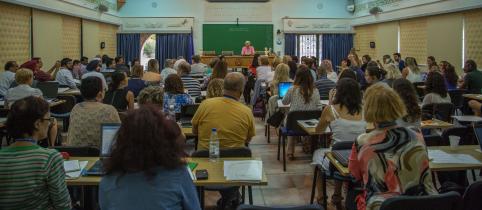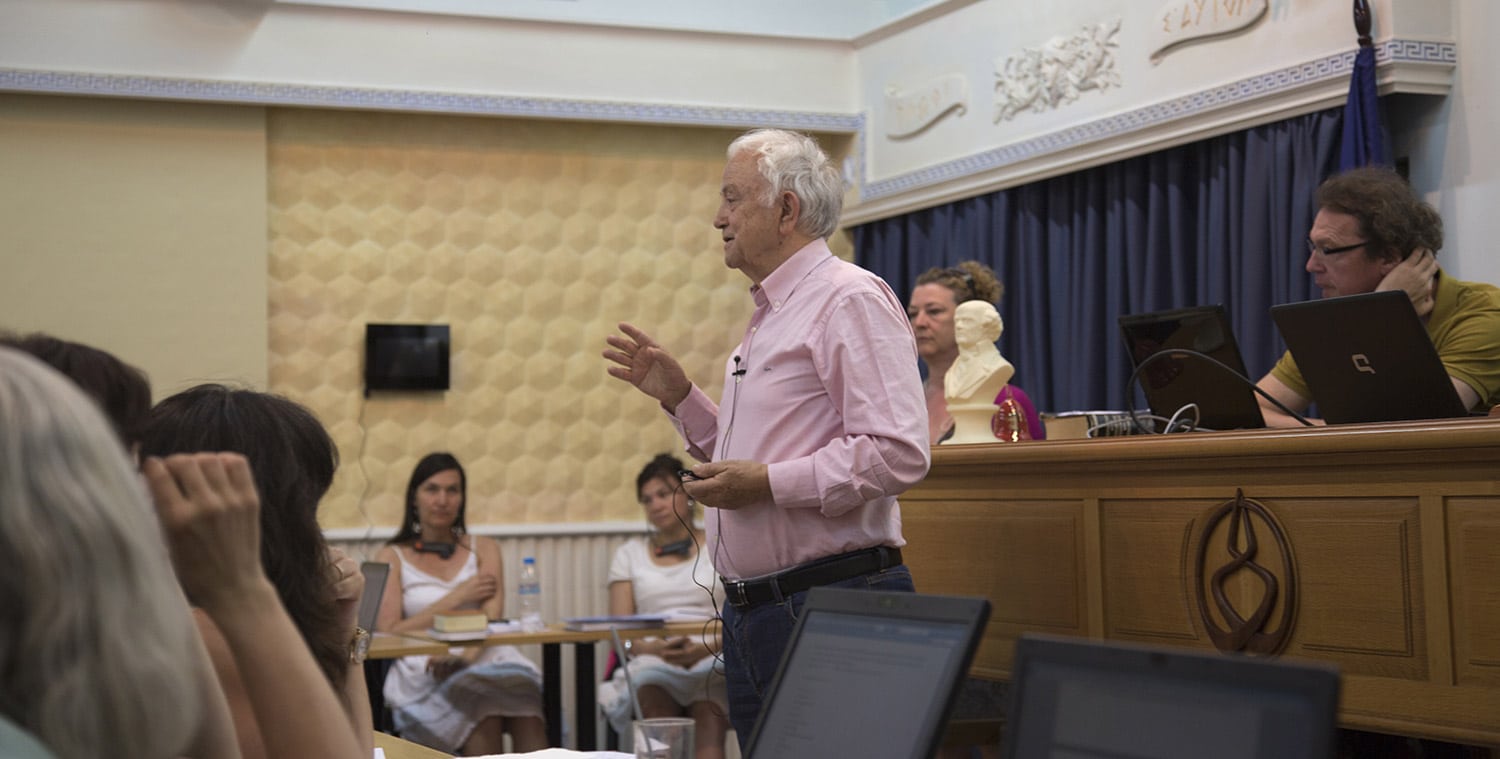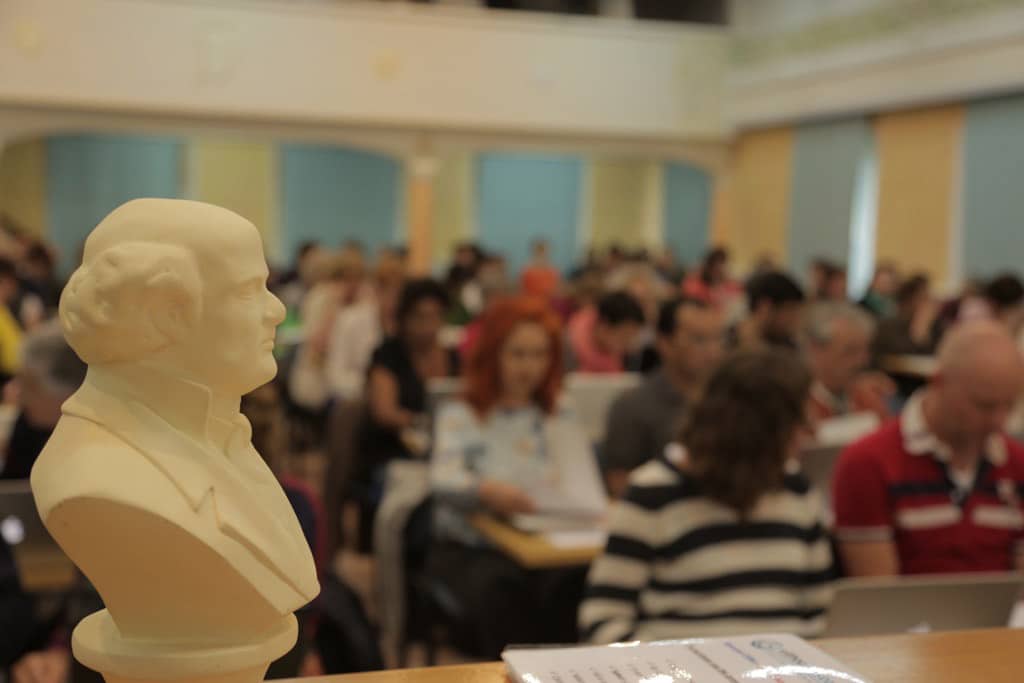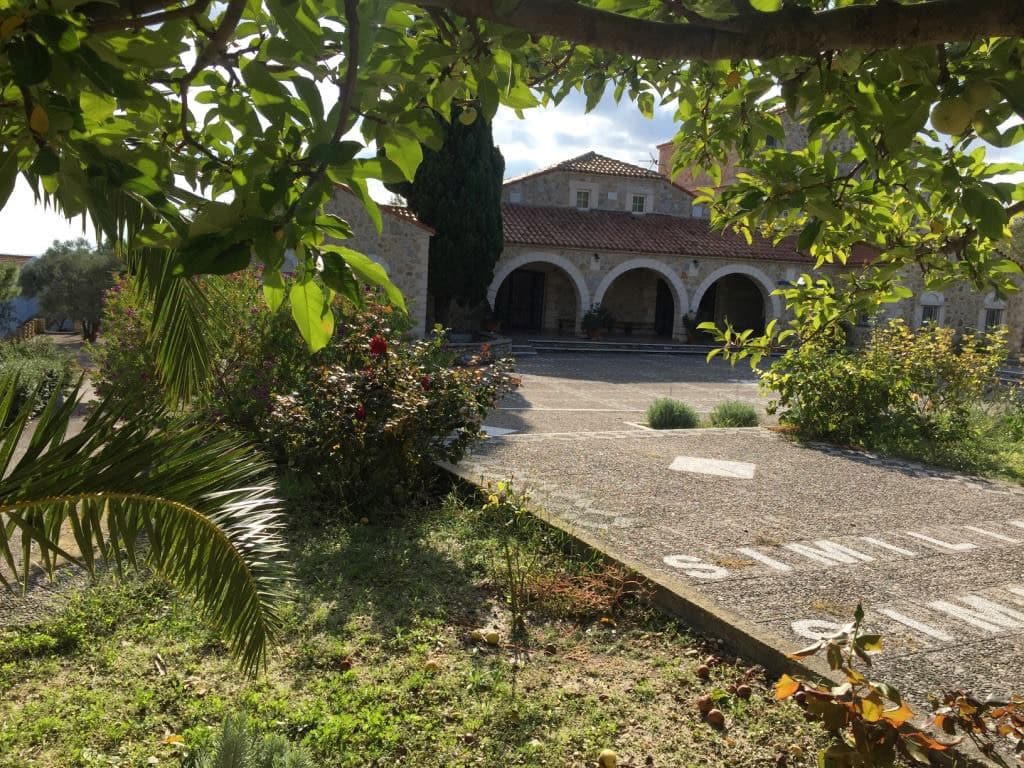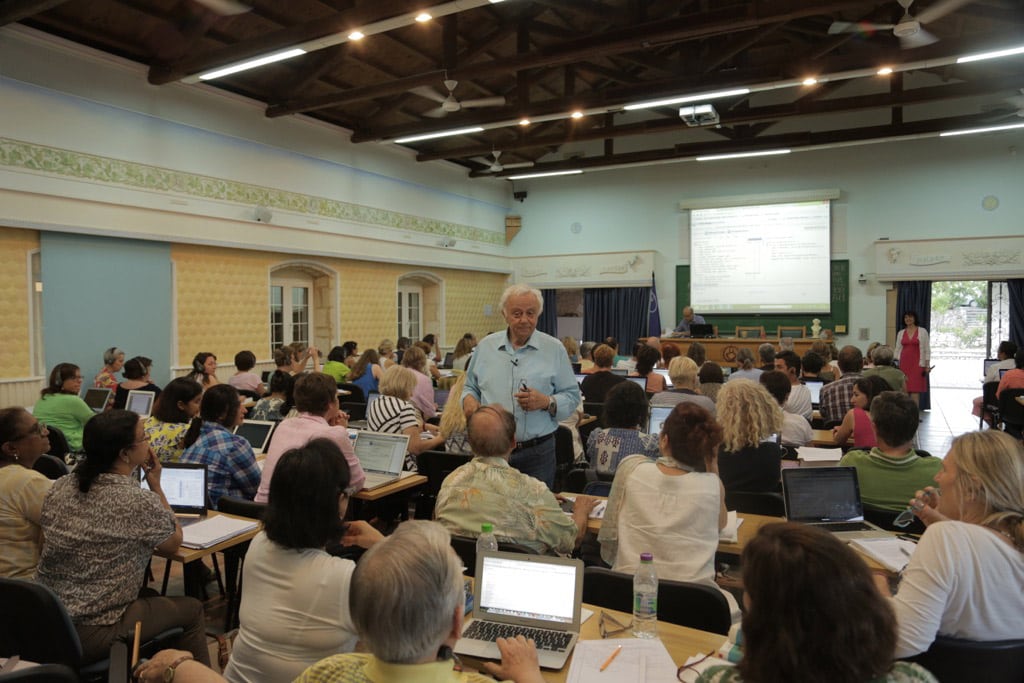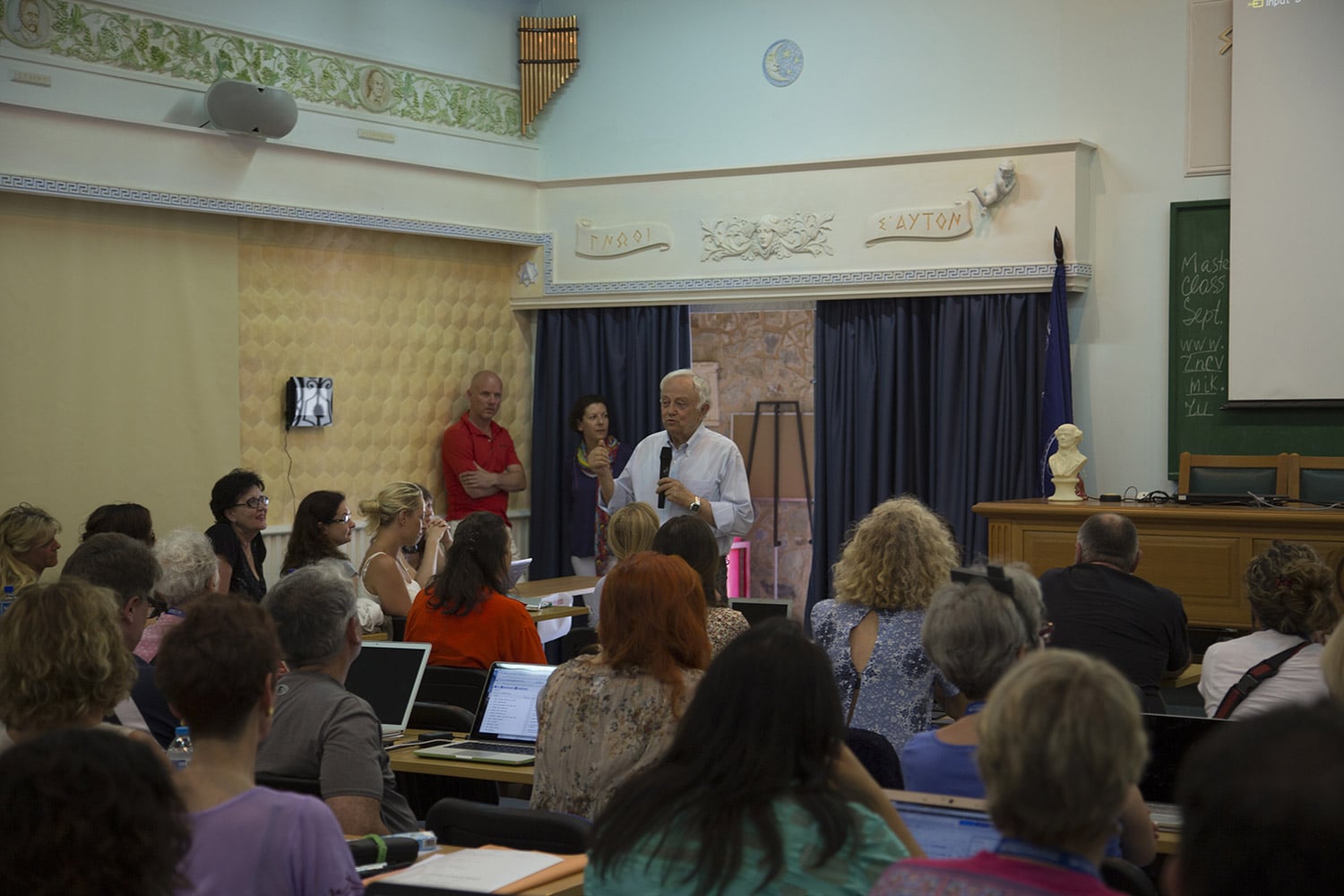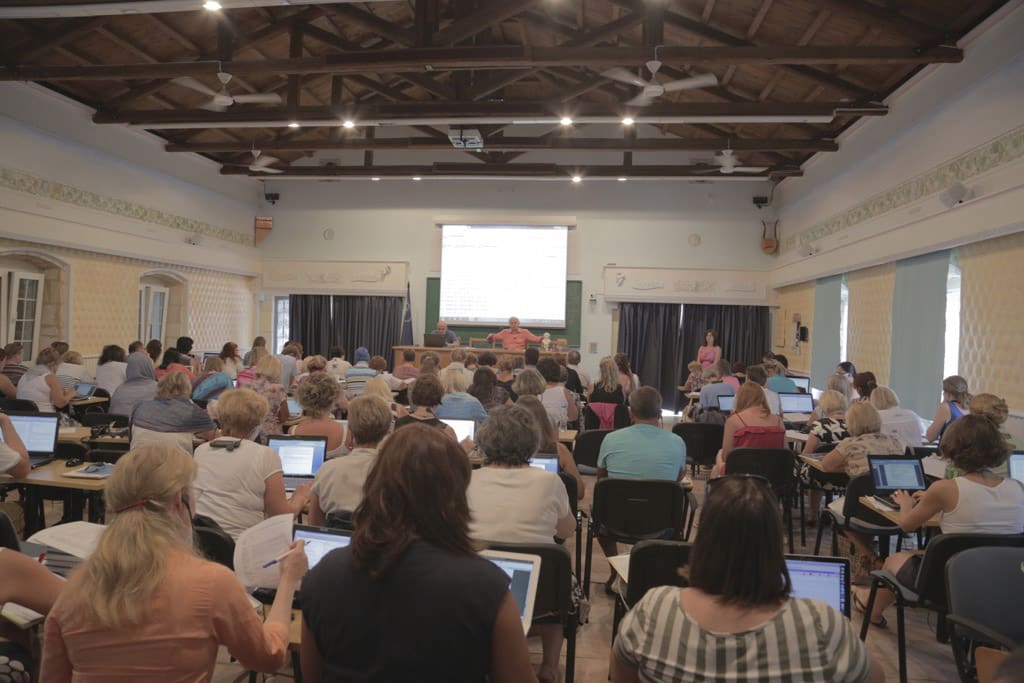Your assumption that the so called alternative medicine is threatening the sales of conventional medicine is correct. The reason is that conventional medicine has left a big gap in the healing effectiveness that was naturally filled with whatever was available.
George Vithoulkas responses to Economist (14.4.2012)
Your assumption that the so called alternative medicine is threatening the sales of conventional medicine is correct. The reason is that conventional medicine has left a big gap in the healing effectiveness that was naturally filled with whatever was available.
The claim that a lot of alternative “pharmaceuticals” have flourished financially because of this tremendous gap left from conventional medicine is also correct. The reason is that the human ingenuity rallied to exploit this sensitive area of human suffering, offering many times thin air and false hopes instead of substance.
But to make a sweeping statement that all alternative medicine is incorrect and ineffective is wrong. The reason is simple: millions of people have been benefitted over many years and can attest to it, otherwise the alternative movement would have died since long.
The article, needless to say, has very little to do with an objective scientific research on this huge and important matter of health and disease and the findings sound like explicit propaganda.
I will give only a simple example of its fallacy concerning homeopathy for which I am mostly concerned.
Ιt writes: “Homeopathy is more controversial. Believers say substances which in large quantities may cause symptoms of illness can cure them in highly diluted form, thanks to an imprint left on the water. Sceptics deride both that claim and the principle behind it.”
I cannot believe that sceptics ridicule the idea that large enough doses of a substance can cause symptoms.
For instance, homeopaths are using salt as a remedy, they call it Natrum-Muriaticum. Human body accepts and tolerates about 7 grams of salt every day, but if one should triple it and give 21grams per day for a month, you will have a very sick person in the end of the month with a host of symptoms, I can assure you. This is what everyone knows as a fact not as a belief.
Not one serious person believes that sceptics could maintain that if one takes poisonus substances like arsenicum, stramonium, belladonna, hyoscyamus etc. and a host of other poisonous substances used by homeopaths “in large enough doses” that they will not manifest a lot of different symptoms. In a similar way all substances, whether vegetable, animal or mineral, if given to humans in large enough doses, will produce several symptoms peculiar to every substance given. This is a matter of fact not of belief.
So why ridicule the sceptics by putting in their mouth such nonsense?
After this simple observation of distorting the facts for the sake of propaganda, I consider this article not worth of the reputation of your prestigious journal and does not merit further analysis of several other distorted points that are contained in the article.
It is interesting though that these distortions are mixed with several correct assumptions, so the reader will not be able to discern where is the true and where is the false in the article.
Instead of publishing such trash, journals, like yours, should seek out to discover the objective truth on such important issues and rather initiate a serious dialog between scientists instead of seeking to create controversy and confusion to the readers.
http://www.economist.com/node/21552554

